
FSX Piper PA-31 Navajo
Piper PA-31 Navajo brings a cabin-class twin to FSX with Lycoming-powered performance suited to cargo runs, feeder routes, and corporate hops, paired with a practical virtual cockpit layout. It includes the default Baron 58 panel and requires the Big Twin Soundpackage for FS2002 for authentic twin-engine ambience.
- Type:Complete with Base Model
- File: pa312fsx.zip
- Size:3.95 MB
- Scan:
Clean (26d)
- Access:Freeware
- Content:Everyone
Piper PA-31 Navajo, a family of cabin-class, twin-engine aircraft designed and built by Piper Aircraft using Lycoming engines for the general aviation market. In the mid-1960s, an aircraft of this size was sorely needed and founder William T. Piper requested the type be developed. Targeted at small-scale cargo and feeder liner operations and the corporate market, the aircraft was a success. It continues to prove a popular choice, but due to greatly decreased demand across the general aviation sector in the 1980s, production of the PA-31 ceased. Created with FSDS v2.10 by John B. Loney, Jr.
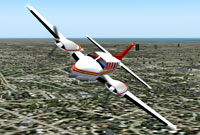
Screenshot of Piper PA-31 Navajo in flight.
The PA-31 series was produced in a variety of versions (sourced from wiki).
- PA-31-310 Navajo, sometimes referred to as a "straight Navajo".
- PA-31-325 Navajo, referred to as the "CR" or Counter Rotating.
- PA-31-350 Navajo Chieftain (originally called the "Navajo II") featured a stretched cabin and more powerful engines (Lycoming TIO-540-J2BD).
- T-1020 was a Chieftain modified to be marketed to the commuter airline market.
- PA-31P Pressurized Navajo (commonly referred to as "P-Navajo") was equipped with a pressurized cabin.
- Piper Mojave was an upgraded, re-engined version of the PA-31P.
- PA-31T Cheyenne, pressurized, turboprop.
- T-1040, PA-31T3, was an airline version of the PA-31T Cheyenne.
About the design:
This aircraft was chosen to see what improvements I was able to make compared to versions 1 and 1.5 which were never released. They were done in my very early stages of learning how to model aircraft for FS9. I can see the improvement, but I think I still have a ways to go for that perfect FS9 aircraft. Anyway, I hope you enjoy this one and have fun with it.
Happy landings!
Panels:
- The panel is default Baron 58.
- Big Twin Soundpackage for FS2002 By Aaron R. Swindle Skysong Soundworks (bgtwsnz.zip).
Installation:
- For FSX, unzip the file pa31v2.zip to a temporary folder, then move the folder Piper PA-31 Chieftain to the airplanes folder in FSX.(FSX/SimObjects/airplanes).
The archive pa312fsx.zip has 15 files and directories contained within it.
File Contents
This list displays the first 500 files in the package. If the package has more, you will need to download it to view them.
| Filename/Directory | File Date | File Size |
|---|---|---|
| readme.txt | 07.16.07 | 4.28 kB |
| FILE_ID.DIZ | 07.16.07 | 610 B |
| pa31_1.jpg | 07.16.07 | 76.13 kB |
| pa31_2.jpg | 07.16.07 | 59.87 kB |
| pa31_3.jpg | 07.16.07 | 45.31 kB |
| pa31_4.jpg | 07.16.07 | 39.31 kB |
| pa31_5.jpg | 07.16.07 | 62.56 kB |
| pa31_6.jpg | 07.16.07 | 58.01 kB |
| pa31_7.jpg | 07.16.07 | 42.45 kB |
| pa31_8.jpg | 07.16.07 | 37.78 kB |
| pa31_9.jpg | 07.16.07 | 36.33 kB |
| pa31_10.jpg | 07.16.07 | 37.13 kB |
| pa31v2.zip | 07.16.07 | 3.50 MB |
| flyawaysimulation.txt | 10.29.13 | 959 B |
| Go to Fly Away Simulation.url | 01.22.16 | 52 B |
Installation Instructions
Most of the freeware add-on aircraft and scenery packages in our file library come with easy installation instructions which you can read above in the file description. For further installation help, please see our Flight School for our full range of tutorials or view the README file contained within the download. If in doubt, you may also ask a question or view existing answers in our dedicated Q&A forum.
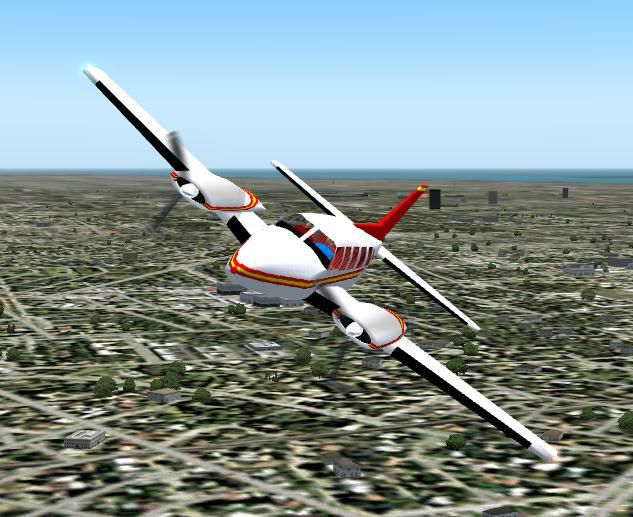
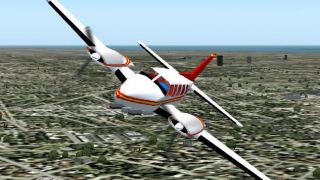
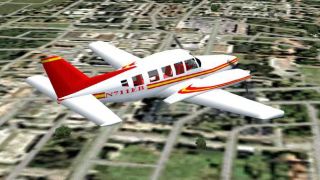
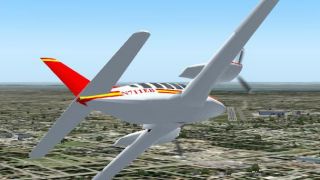
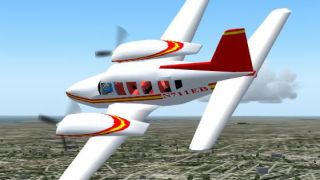


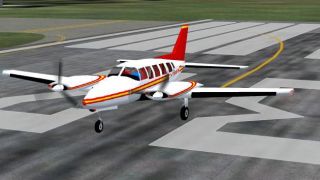
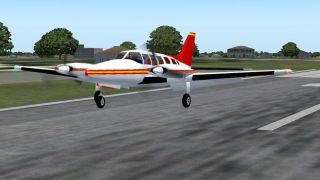
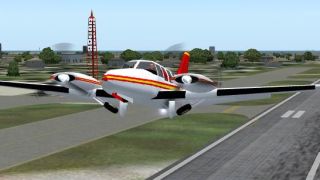
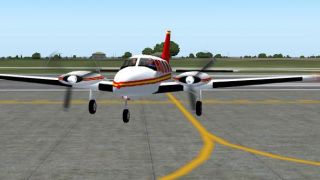
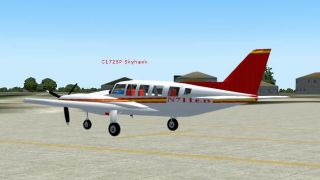
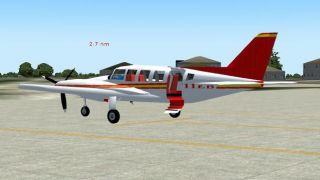
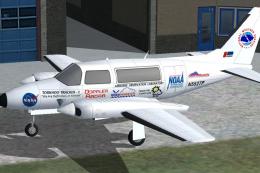
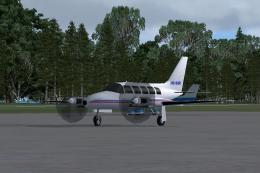
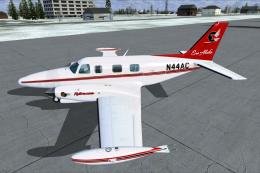
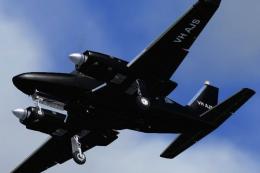
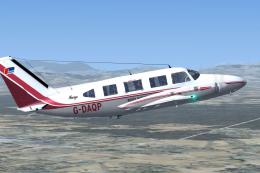
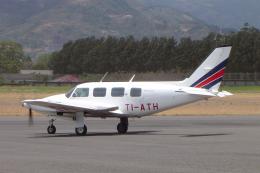
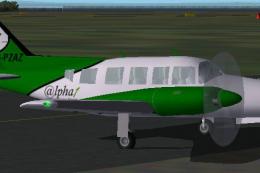
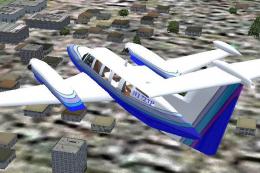
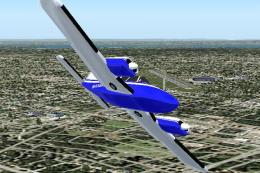
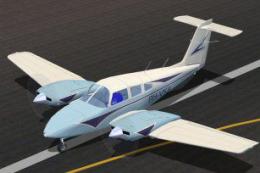
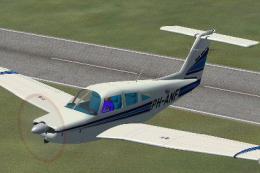
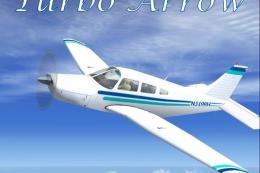
1 comments
Leave a ResponseThe content of the comments below are entirely the opinions of the individual posting the comment and do not always reflect the views of Fly Away Simulation. We moderate all comments manually before they are approved.
Why does the panel have to be the Baron 58?